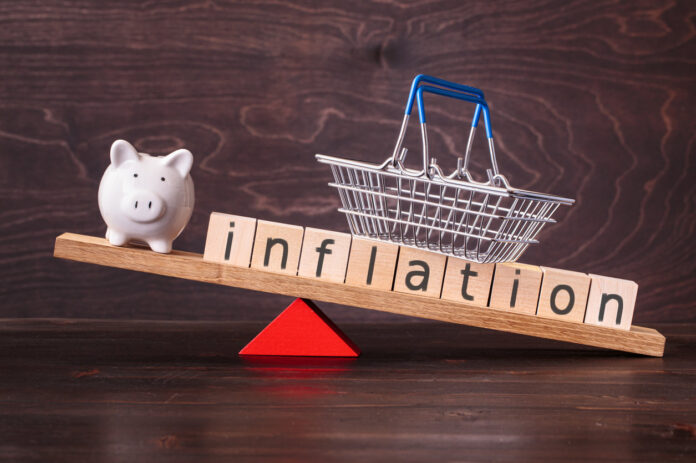The bank overdraft is everyone’s fear and in this period of high inflation, the risk of having one is increasingly important. Even if in practice it is an option that the bank leaves to allow the customer to continue using his account, it is important to understand the risks associated with the use of the overdraft, in particular in times of inflation.
In times of inflation, money borrowed through overdraft becomes more expensive to repay. Interest rates on bank overdrafts are often high, and if you don’t repay quickly, you risk getting trapped in a vicious cycle of debt.
In addition, inflation can also cause your purchasing power to decline. Common expenses, such as food, housing, transportation and health care, can become more expensive. If you regularly use your overdraft to cover these costs, you may find yourself in a difficult financial situation. You may also find it difficult to save money or invest in assets that will help protect your purchasing power.
To avoid the risks of using overdraft in times of inflation, it is important to plan your finances proactively. Avoid relying on overdraft as a long-term solution to your financial needs. Set a clear budget and stick to it, making sure your expenses are less than your income. You can also consider investing in assets that are likely to maintain their value in times of inflation, such as real estate, gold or stocks.
Here are 6 tips to stop being exposed:





